Description
The Lowdown:
Aside from their good looks, these fluffy round-bodied birds are sweet, friendly, and great layers—making them a favorite for backyard chickens. They lay lovely brown eggs and don’t mind a little cold weather. They have simply stunning plumage! Its important to note, Blue Laced Red Wyandottes don’t always produce a consistent shade of blue in their offspring. Some will have a light blue lacing, others a rich medium blue, and some may even have a very dark blue or nearly black lacing. Like other “blue” breeds, their coloring doesn’t breed true, meaning each hatch can bring a range of beautiful variations.
Breed History:
The Wyandotte breed originated in the United States in the late 1800s, developed as a hardy, dual-purpose chicken that could thrive in colder climates while providing plenty of brown eggs and excellent meat. Named after the Wyandotte native American tribe, these birds quickly became farm favorites for their low-maintenance nature, gentle temperament, and reliable egg production.
The Blue Laced Red variety, however, didn’t come along until later and is believed to have been perfected in Germany. Breeders worked to introduce the stunning blue lacing to the classic red feathering, creating a variety that’s now one of the most striking in the poultry world. But here’s the catch—just like other blue-feathered breeds, they don’t breed true to one shade of blue. Chicks can hatch with anything from a light silvery blue lacing to a deep navy or even black trim, making each one a little surprise package!
Stats:
Eggs- Tan to Pink. Roughly 200 eggs per year
Dual Purpose- Yes. Males average 8.5lb and females 5.5lb
Standard of Perfection:
We offer pure lines but select primarily on vigor and temperament. If you are a breeder looking for specific SOP traits please contact us to ensure our stock will be the right fit for your breeding goals. Its important to note, Blue Laced Red Wyandottes don’t always produce a consistent shade of blue in their offspring. Some will have a light blue lacing, others a rich medium blue, and some may even have a very dark blue or nearly black lacing. Like other “blue” breeds, their coloring doesn’t breed true, meaning each hatch can bring a range of beautiful variations.

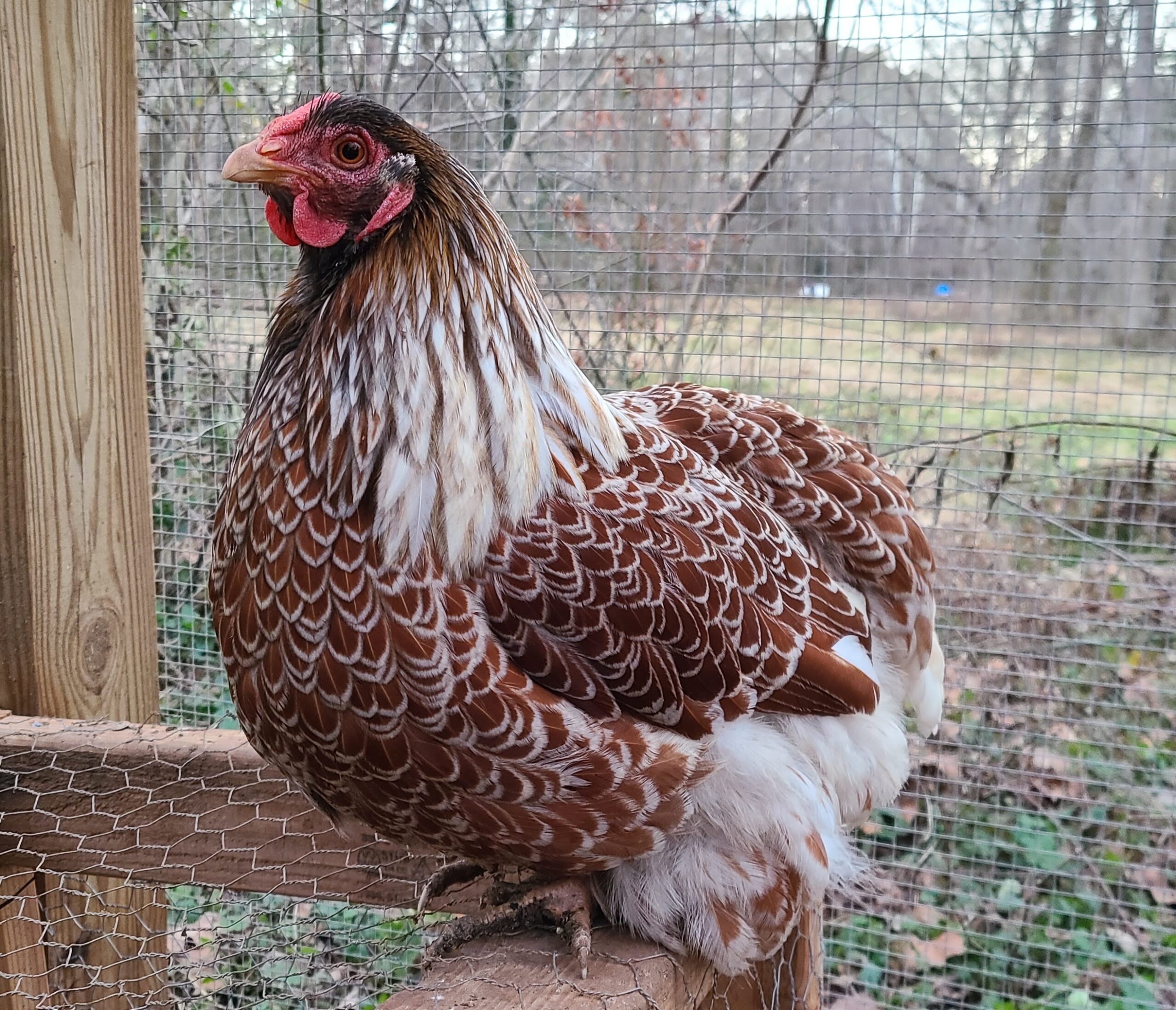
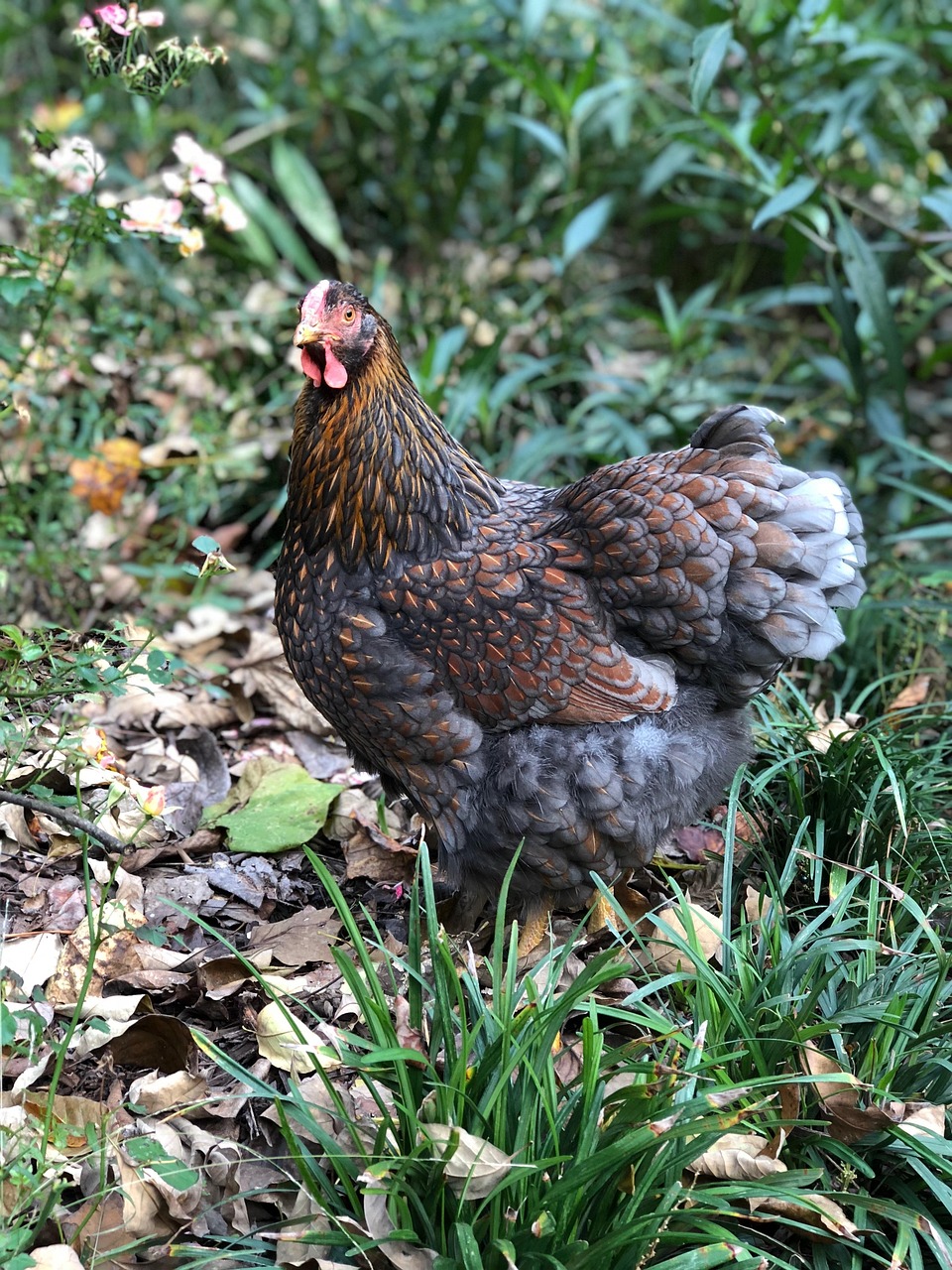
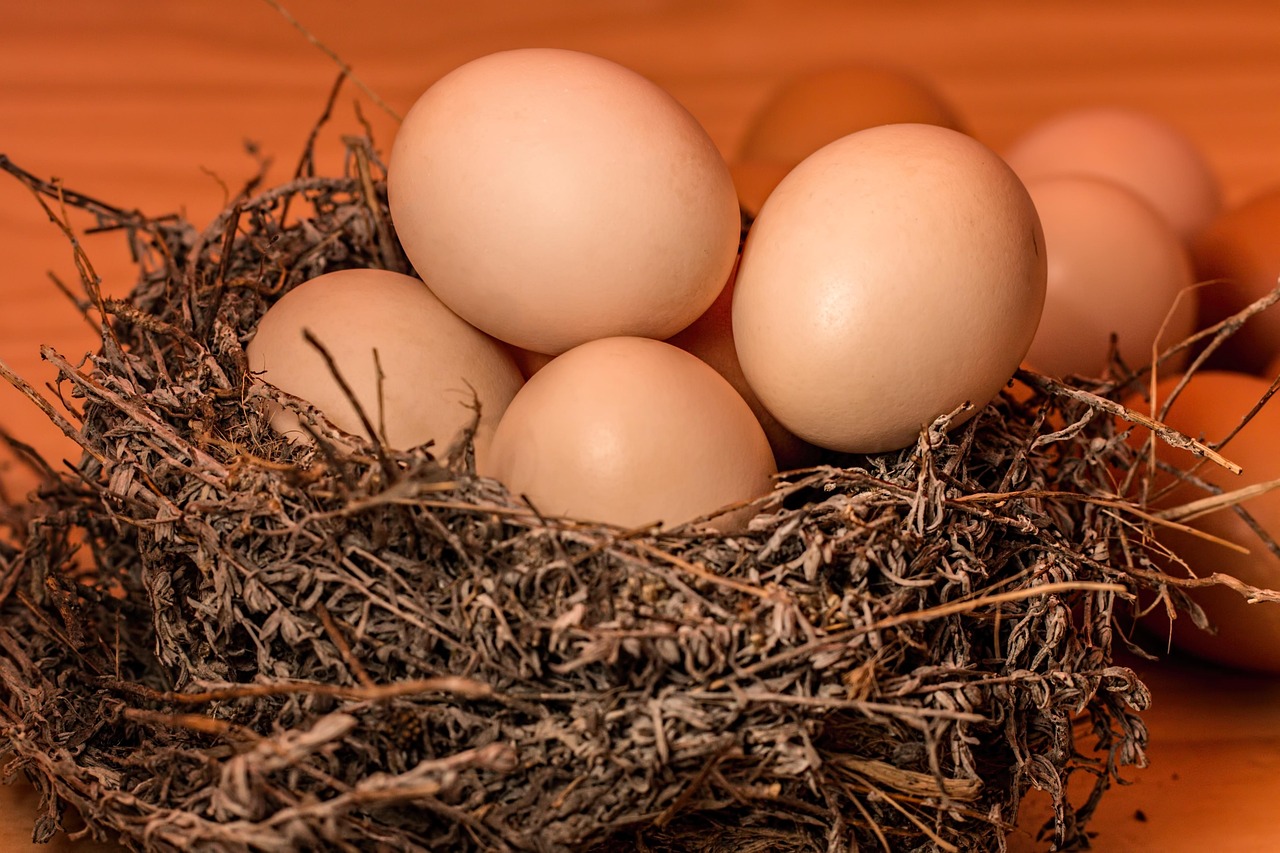


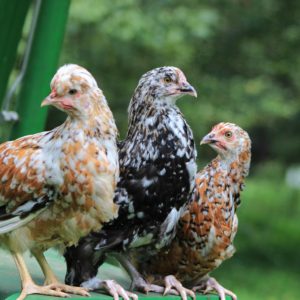
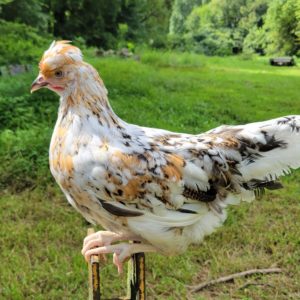
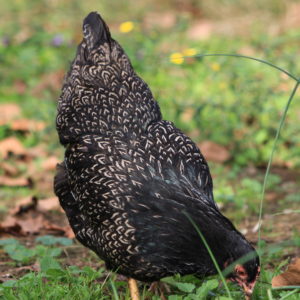
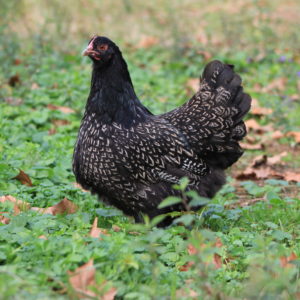
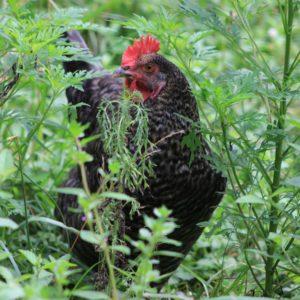


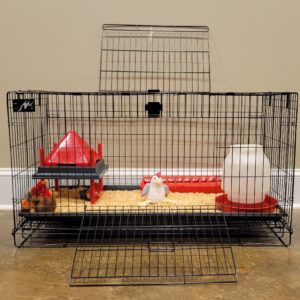
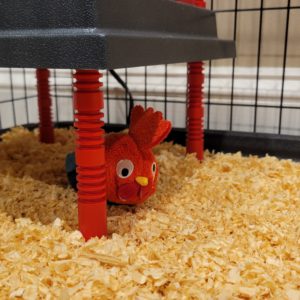
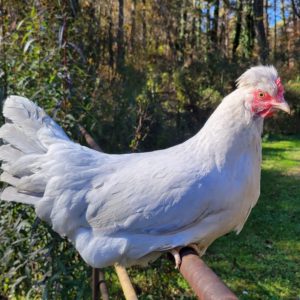
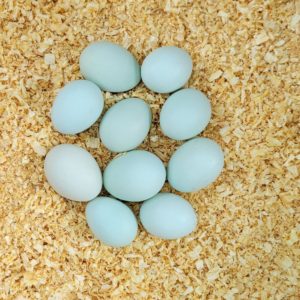
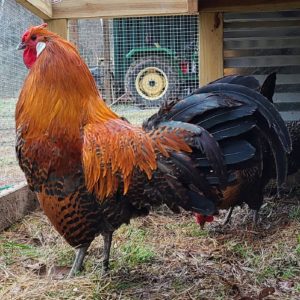
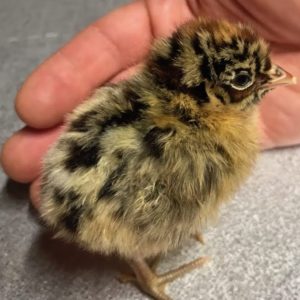
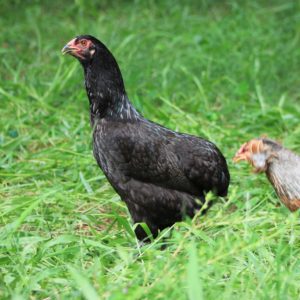
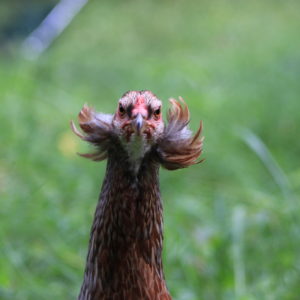
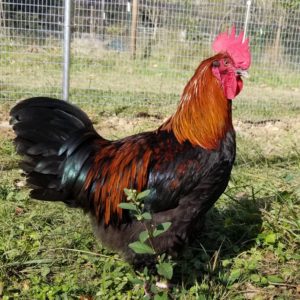
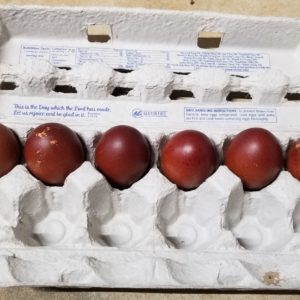
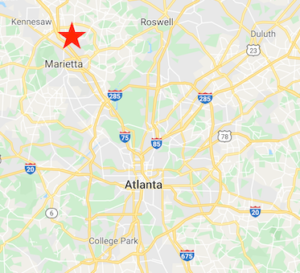
Reviews
There are no reviews yet.